DNVN - According to statistics, adults in the US spend more than two hours a day on social media on average, while teenagers spend twice that amount on platforms like TikTok and Instagram.

Experts have warned that the addictive nature of social media is driving many people to seek ways to “detox”. Google searches for “social media detox” have increased by 60% in recent times, indicating a growing interest in breaking the habit.
Can quitting social media really make a difference? Studies show that it can, with significant benefits for mental health and brain function.
The impact of social media on the brain
Many people suspect that excessive social media use is negatively affecting their lives. This became even more apparent when the Oxford University Press chose “brain rot” as its word of the year for 2024.
Social media is designed to stimulate the brain's "reward system," making it difficult to quit. Digital media can be just as addictive as alcohol and drugs, says addiction expert Anna Lembke.
When you surf social media, every like or comment triggers dopamine, the feel-good chemical in the brain. However, constant use causes the brain to lose its dopamine balance, leading to a state of deprivation, forcing users to go online more to feel normal.
Solution
Lembke recommends a social media “detox” to help the brain reset its balance. Participants in a study who stopped using social media for two weeks reported reduced stress and improved sleep quality.
Even taking a break of just a few days can have significant effects. A study of girls aged 10 to 19 found that taking a three-day break from social media increased self-esteem and reduced feelings of body shame.
The initial withdrawal process can be difficult, with symptoms like anxiety or cravings. But getting through this phase helps the brain's "reward system" reboot.
How to maintain healthy habits
After you’ve quit, it’s important to maintain protective measures to avoid relapse. For example, you might keep your phone out of your bedroom or turn off social media notifications.
Instead of seeking a quick dopamine hit, engage in activities that provide long-term satisfaction, such as learning to play a musical instrument or cooking. These activities help your brain release dopamine slowly, maintaining balance.
Experts recommend taking regular social media breaks throughout the year to maintain a balanced use. This is a good way to evaluate your relationship with social media platforms.
Ganoderma (t/h)
Source: https://doanhnghiepvn.vn/cong-nghe/nao-bo-cua-ban-thay-doi-ra-sao-khi-tam-dung-mang-xa-hoi/20250103075349887




![[Photo] Third meeting of the Organizing Subcommittee serving the 14th National Party Congress](https://vstatic.vietnam.vn/vietnam/resource/IMAGE/2025/4/2/3f342a185e714df58aad8c0fc08e4af2)

![[Photo] Relatives of victims of the earthquake in Myanmar were moved and grateful to the rescue team of the Vietnamese Ministry of National Defense.](https://vstatic.vietnam.vn/vietnam/resource/IMAGE/2025/4/2/aa6a37e9b59543dfb0ddc7f44162a7a7)



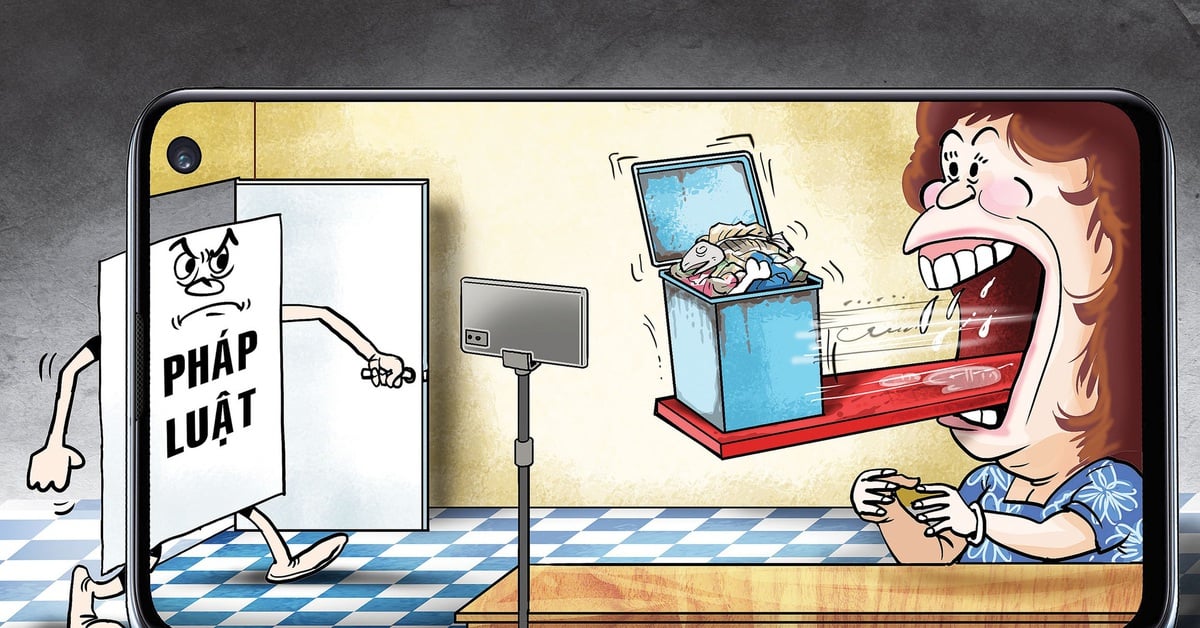

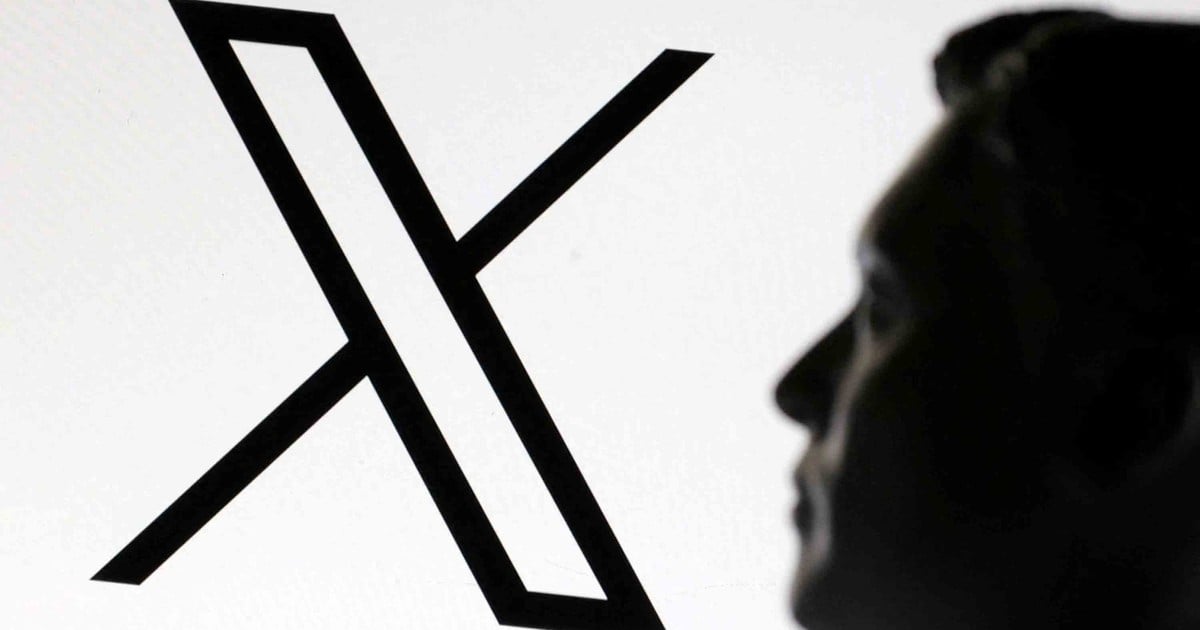


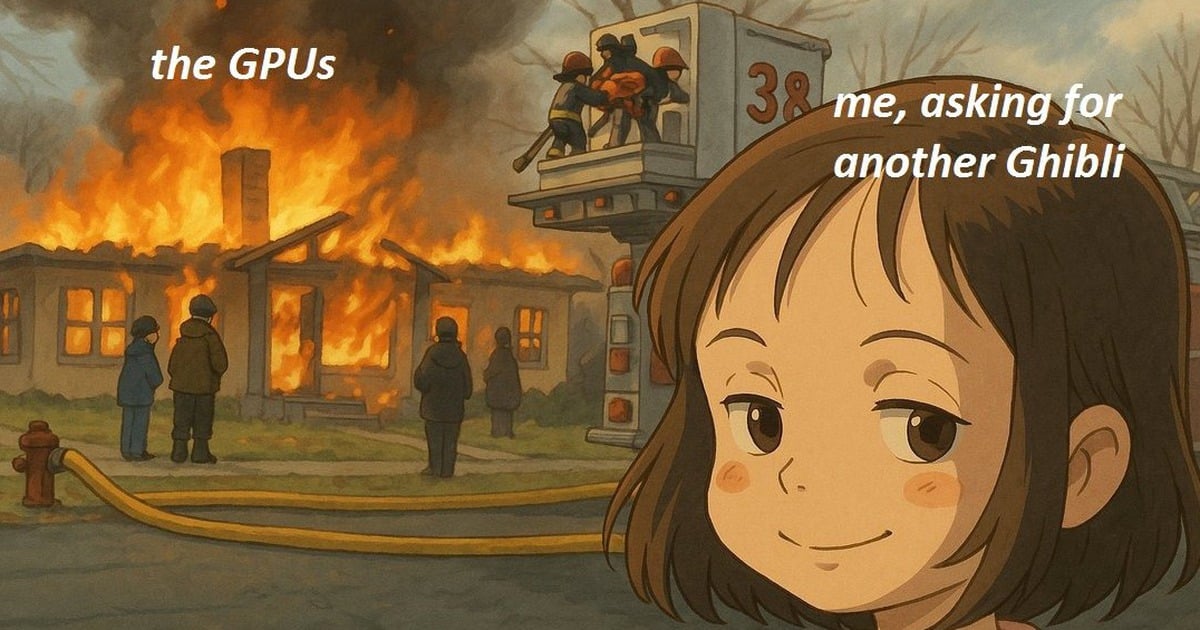
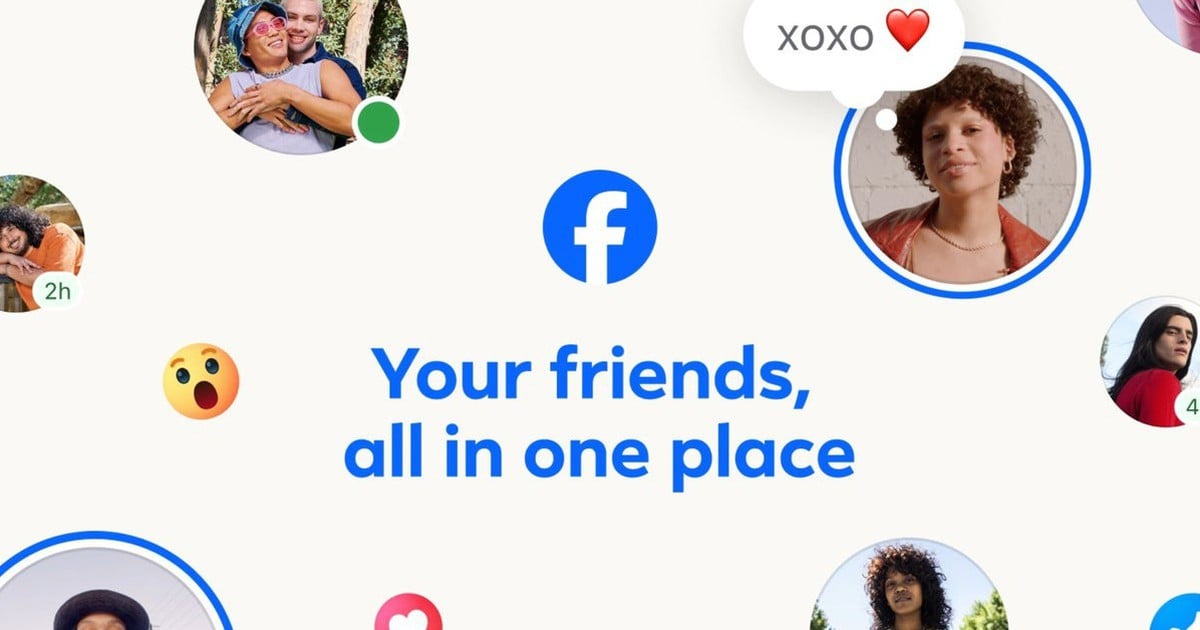




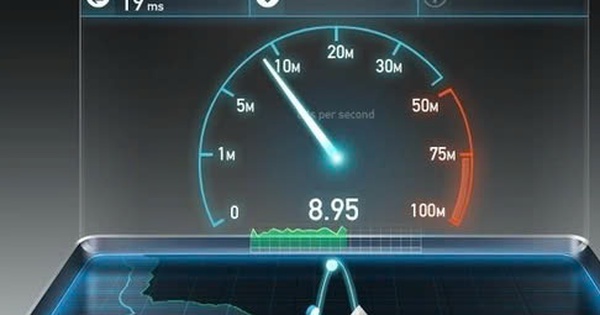










































































Comment (0)